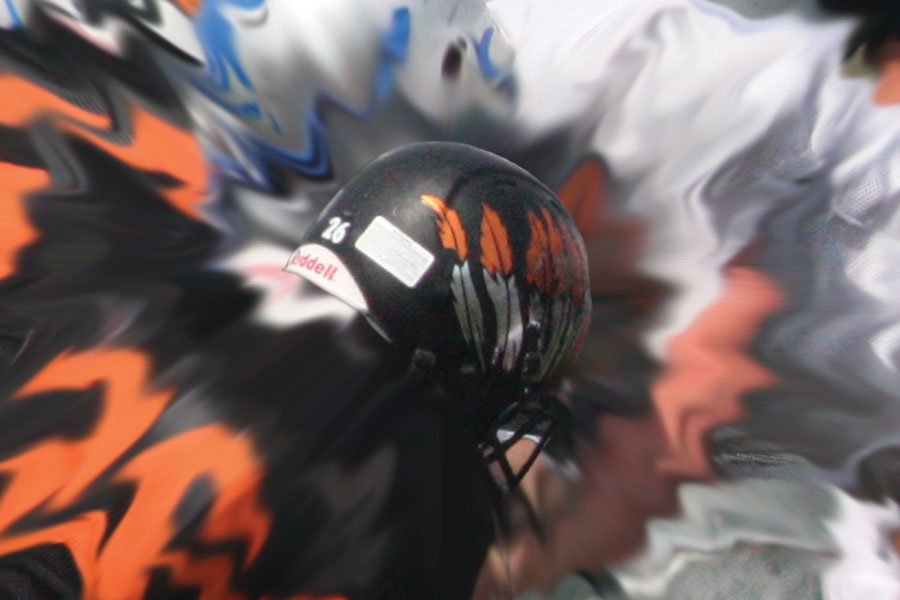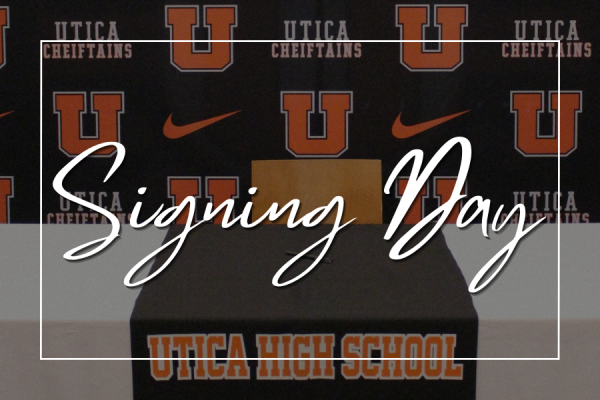State law requires concussion awareness for athletes
New concussion law requires athletes and parents to complete concussion awareness forms. “UCS physical education staff members and coaches will also take part in an online training program related to concussions,” Tim McAvoy, Director of School/Community Relations, said.
Senior Adam Mulholland didn’t see it coming. One moment he was running toward the other team, and the next, he was lying face up with athletic trainer Ashley Lanzon leaning over him.
“I wasn’t really sure what happened,” Mulholland said. “I had no recollection of the play whatsoever.”
Knowing Mulholland had a possible concussion, Lanzon suggested a hospital visit, where it was confirmed that Mulholand had, indeed, suffered a concussion.
“I was hospitalized and had nine hours of memory loss,” Mulholand said. “They gave me an EKG to test brain flow, along with a spinal tap and MRI.”
Although Mulholland’s concussion was diagnosed, many athletes have them without even knowing. While for many it may not matter, for others, injuries can be life-threatening.
A concussion happens when the head strikes another player with enough force that the brain moves inside the skull. They can range from a mild headache to complete blackout. No matter the degree of concussion, they are all dangerous and can cause long-term damage.
Warning signs include being dazed or stunned, forgetfulness, answering questions slowly, clumsily moving, loss of consciousness, mood and behavior swings, and an increasingly worsening headache.
In an effort to ensure all athletes and their parents recognize the warning signs of a concussion, the state of Michigan has stepped in, requiring all athletes, whether it’s for a recreation, travel, competitive or school team, to sign a concussion form.
Every student in UCS was required to read and sign an awareness form, and a parent signature was also needed.
Additionally, athletes involved in contact sports were required to complete an online assessment, which tested reacion time and memory throughout a half hour session. Athletes suspected of having a concussion must retake the test to determine how to proceed.
“When my son is knocked down on the football field,” parent Steve Haley said, “all I’m thinking is ‘I hope he gets up.’ I watch his reaction; concussions are an unseen injury.”
With both students and parents informed about the signs of concussions, the hope is to diagnose problems as soon as possible.
Another senior, Brad O’Grady, was knocked down in a game against Warren Mott, resulting in a concussion.
“I had a constant headache for about two weeks after the hit,” O’Grady said. “The sunlight alone hurt my newly sensitive eyes and caused my head to throb.”
Athletes, parents and coaches are glad the new awareness measure have been put in place.
“It’s important for athletes to report symptoms immediately,” Haley said, “because their coaches don’t know how they’re feeling.”
Your donation will support the student journalists of Utica High School. The Arrow appreciates your help to keep us up and running.









